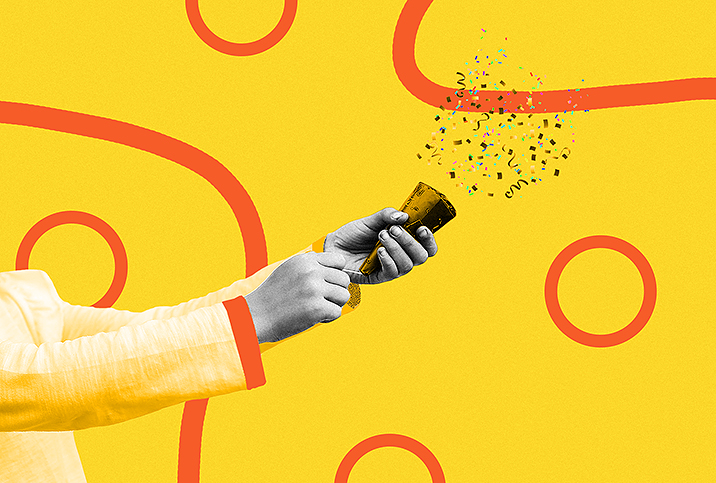The Truth About Premature Ejaculation

Premature ejaculation occurs when a man ejaculates before he or his partner would like. This typically happens within the first minute of penetration or other sexual contact.
There is no singular cause for premature ejaculation; it typically varies from person to person. Both psychological and physiological factors contribute to it.
Psychological factors include:
- Depression
- Anxiety about sexual performance
- A history of sexual abuse
- Guilt surrounding sexual activity
- Low self-esteem
Physiological factors include:
- Hormone imbalances
- Inflammation or infection in the urethra or prostate
- Chemical imbalances in the brain
Other factors
Individuals who struggle with erectile dysfunction (ED) or excessive stress are also at greater risk of experiencing premature ejaculation, according to experts. If a man is worried he may lose his erection, he may rush his sexual interaction, which in turn may result in premature ejaculation.
A frequent accompaniment to emotional or physical stress is the struggle to relax and maintain focus, and that can also result in premature ejaculation in some cases.
It should also be noted that while some men may experience premature ejaculation only from time to time throughout their life, PE may be a chronic, lifelong problem for others.
Should I consult my doctor?
If you find that premature ejaculation happens more often than you or your partner would like, talk with your doctor about what treatments are available to you.
It's not uncommon for men to feel embarrassed about premature ejaculation, but it's a fairly common issue that can result from any number of causes, none of which should cause men any shame. In fact, people have reported that just hearing such a sentiment from a doctor was enough to relieve their anxiety and the occurrence of the issue going forward.
However, depending on the root cause of premature ejaculation, a doctor may recommend one or more treatments, including behavioral techniques, medication and counseling. According to the Cleveland Clinic, behavioral treatment in combination with drug therapy is often the most effective course of treatment.
Don't be afraid to talk to your doctor if you're struggling with premature ejaculation. Treatment could be just around the corner, but you have to take the steps to seek it.
Communication and a willingness to talk frankly about intimacy problems are key to coping with the emotional stresses and interpersonal repercussions that can result from chronic premature ejaculation. Opening up about the emotional and relationship complications that this condition causes can go a long way toward curing the issue.


















